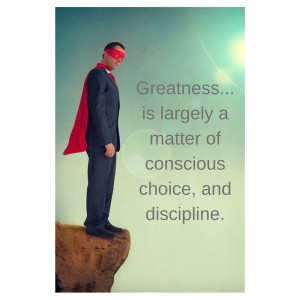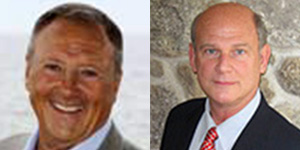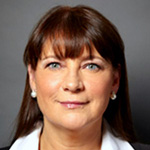Good to Great, the bestselling book by Jim Collins, offers timeless insights into what it takes to become great. It applies not only to businesses, but also to brands, people, churches, non-profits, governments, communities, and more. I recently revisited the text, along with the monograph accompanying it, Good to Great and the Social Sector, and was reminded of how greatness is a choice. In light of my own books, What Great Brands Do, and Extraordinary Experiences: What Great Retail and Restaurant Brands Do, I thought it would be helpful to consider what choosing greatness means specifically in brand-building.
Collins conveys fundamental points about greatness that are particularly true in building a great brand — here are three that rise to the top for me:
1. Greatness is characterized by superior performance, distinctive impact, and lasting endurance. These are outcomes of greatness as well as inputs to it, reflecting choices that aspiring brands make.
Superior performance, most clearly indicated in businesses by higher gross profit margin, means a brand is creating value for the organization. In social sectors and other cases, superior performance might be measured by greater demand for services or better outcomes. Regardless, a great brand chooses to drive toward superior results instead of accepting modest outcomes or believing there aren’t adequate metrics to measure performance, as some non-commercial groups wrongly conclude.
Distinctive impact means uniquely contributing to your target group — creating unique value for target customers if you run a business, for target people or communities if you run a nonprofit, etc. A great brand aspires to make a certain contribution that no other can — something it is the best and only in the world at — instead of simply trying to be better than existing options.
And, lasting endurance is about sustaining that distinctive impact. Great brands do this by attending to timeless fundamentals like excellent execution and clarity about what is on-brand and what is not. Collins calls this “clock building” and contrasts it with the short-term ability of “time telling.” Unlike pursuing a hit product or a buzz-generating campaign, great brands commit for the long-term and therefore last through market changes, changing trends, multiple product cycles, and generations of people.
2. Greatness is achieved through relentless focus and commitment. As I travel around the world to speak to businesspeople about great brands, I’m amazed at how many people expect me to extol the virtues of a new social network or cool digital tool. As if, they seem to believe, these are the keys to building a great brand. But I make no apology for explaining that greatness is only achieved through a comprehensive, long-term management approach — brand as business.
The brand-as-business management approach involves putting your brand at the center of your organization — and keeping it there — using it to drive, align, and guide everything you do, While it’s important to consistently innovate and explore new ways to connect with your target and many cool ways to do so emerge every day, no one single, short-term action is going to create a great brand. Great brands choose brand as business. As Collins states, “In building a great institution, there is no single defining action, no grand program, no one killer innovation, no solitary lucky break, no miracle moment.”
3. Greatness is an inherently dynamic process, not an end point. Collins explains, “No matter how much you’ve achieved, you will always merely be good relative to what you can become.” This isn’t just some empty platitude about the journey vs. the destination, it is a reflection of the reality all organizations operate in today. Great brands recognize they have competition — whether for people’s dollars, attention, loyalty, mindshare, or advocacy; whether close and direct or distant and indirect — and any leadership position they’ve been able to achieve can be fleeting. So they adopt a posture of dissatisfaction with their current state and continuously make the choice to be great. And if you truly aspire to make a difference in this world, you know there is always more difference to make.
There are plenty of good brands out there. People buy, use, support, and belong to them — and that might be enough for you. But great brands are the ones people go out of their way for, the ones people admire, the ones people bond with. If that’s the kind of brand you want to have, you must choose greatness. “Greatness is not a function of circumstance. Greatness, it turns out, is largely a matter of conscious choice, and discipline.” — Jim Collins
The post choosing greatness appeared first on Denise Lee Yohn.













